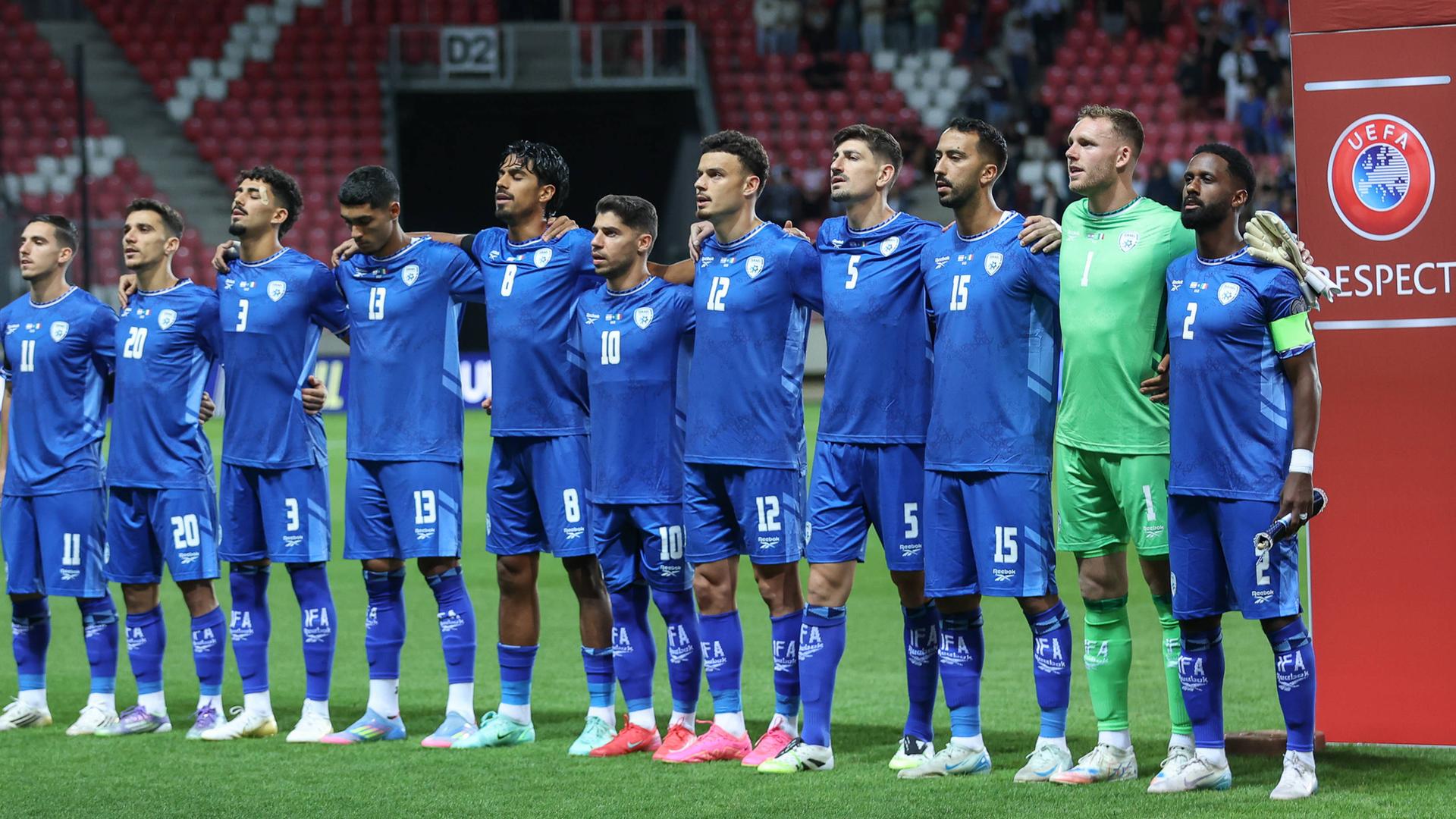Israel’s Journey in UEFA Competitions: Progress and Challenges

Introduction
Israel’s involvement in the Union of European Football Associations (UEFA) competitions plays a pivotal role in the nation’s sporting landscape. As a country with a rich history in football, Israel’s teams strive to leave their mark in prestigious tournaments, from the UEFA Champions League to the Europa League. Understanding Israel’s journey within UEFA not only highlights their achievements but also underlines the significant challenges faced in the competitive landscape of European football.
Recent Performances and Achievements
In recent years, Israel’s clubs have shown impressive performances in UEFA competitions. Notably, Maccabi Tel Aviv and Hapoel Be’er Sheva have made significant strides, with Maccabi Tel Aviv reaching the final qualifying rounds of the UEFA Champions League in the 2021-2022 season. Hapoel Be’er Sheva was successful in qualifying for the group stages of the UEFA Europa League, further showcasing the potential of Israeli clubs at the international level. These advancements not only bolster the reputation of Israeli football but also enhance the competitive spirit within the national football league.
Challenges Faced by Israeli Teams
Despite these successes, Israeli teams continue to face numerous challenges in UEFA competitions. One significant hurdle is the political situation in the region, which affects both the perception and participation of Israeli clubs in international matches. Additionally, Israeli teams often struggle to compete with well-resourced European clubs, which may have greater financial backing and access to top-tier talent. This disparity makes it difficult for Israeli football to consistently hold its own against more established European football powers.
The Future of Israeli Football in UEFA
Looking forward, the future of Israeli football in UEFA competitions is a topic of great interest. Efforts are being made to invest in youth football and improve facilities to enhance the overall quality of the game in Israel. Moreover, partnerships with European clubs for training and development offer promising avenues to elevate the standard of play in the country. As these initiatives progress, there is hope that Israeli teams will achieve sustained success on the European stage.
Conclusion
Israel’s journey in UEFA competitions exemplifies a nation that balances historical obstacles with ongoing efforts for advancement in football. As the country aims for greater prominence within European leagues, understanding the dynamics at play is crucial for fans and stakeholders alike. With continued investment and a focus on developing young talent, the potential for Israeli football to rise further in UEFA cannot be overlooked. This represents not only an opportunity for sporting success but also a chance to foster unity and pride among citizens through the love of the game.
You may also like

The Journey of Jeremy Sarmiento: A Football Prodigy

The Rise and Recent Developments of Paris Saint-Germain F.C.

The Rise of Jeremie Frimpong in European Football
SEARCH
LAST NEWS
- Remembering Wendy Richard: The Promise to Co-Star Natalie Cassidy
- How Did Anglian Water Achieve an ‘Essentials’ Rating for Mental Health Accessibility?
- Shai Hope Leads West Indies in T20 World Cup Clash Against South Africa
- What We Know About Weston McKennie: Future at Juventus and Past at Leeds
- What We Know About the Upcoming Live Nation Antitrust Trial